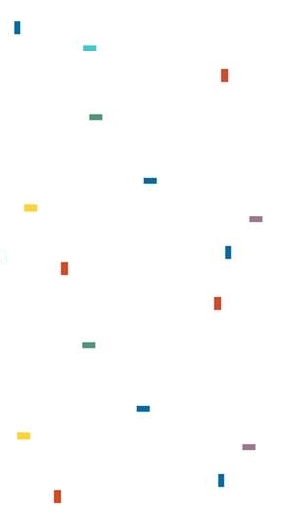CFP: The individual and the community in American philosophy today and in the twentieth century
Online (Zoom), April 8-9, 2022.
Organized by the Institute of Philosophy and Sociology, Polish Academy of Sciences, Warsaw, Poland.
Institute of Philosophy and Sociology, part of Polish Academy of Sciences, calls for papers for an international academic conference entitled „The individual and the community in American philosophy today and in the twentieth century.” The question about the relation between the individual, society and culture has played an important role in a number of modern philosophical traditions. To some extent, the way in which this issue was problematized determined the specificity of these traditions. This concerns also, and perhaps in particular, the philosophy in the United States. Like no other country, it has enjoyed the status of a unique, large scale social experiment, which began in the Enlightenment and is still lasting. Alexis de Tocqueville was aware of that when writing his On Democracy in America. Larry Hickman, when pondering on whether American philosophy, diverse as it is, may be described as distinctively American, concluded that it may insofar as it originates in a specific American experience. Still, both the aspirations of this philosophy and the scope of its influence extend far beyond the United States and has entered into a dialogue with other philosophical traditions.
One of the reappearing issues in American socio-political thought and reflection on culture has been the tension between two ideals – individualism and socialization. Major thinkers, from R.W. Emerson and David Thoreau, through John Dewey, William James and Spanish-American thinker George Santayana have taken diverse, sometimes conflicting positions in this respect. The mid-twentieth century witnessed the appearance of different, interdisciplinary, critical perspectives on what was labelled as atomization/alienation of the individual in a society, or a corrosion of character, to mention only Daniel Bell, Richard Sennet, David Riesman or Herbert Marcuse. Robert Nozick granted the individual and their personal freedom primacy over society and claimed that the presence of the state is justified primarily by its function of protecting personal freedom. The pragmatic tradition found its continuation and reinterpretation in, among others, Richard Rorty’s egalitarian and liberal utopia of open society. For many reasons, from rapid technological progress to the crisis of democracy in the West, the current century seems to call for a reevaluation of the aforementioned ideas, projects and their critics.
Among the main aims of our conference are:
● looking at the dynamics of the debate about the position of the individual qua individual and as an integral part in a democratic community/society
● considering the above issue in terms of a discussion about the shape of culture
● the 21st century as a critical moment of the verification of the pragmatic, neopragmatic, libertarian and other projects in social and political thought and philosophy of culture that emerged in the twentieth century in the United States
● bringing together Polish and international scholars interested in American philosophy
We do not restrict our scope of interest to the above mentioned themes and figures. We welcome researchers interested in thinkers and ideas that have been neglected so far, represent minority perspectives, or are very recent, to mention only Stanley Cavell or John Lachs, whose project has been termed “stoic pragmatism.” During our conference we intend to organize a separate session devoted to George Santayana.
Conference language: Polish and English
Place: Zoom
Abstracts: max. 500 words, deadline 30 January 2022, via e-mail:
katarzyna.kremplewska@gmail.com
or:
No conference fee is required.
